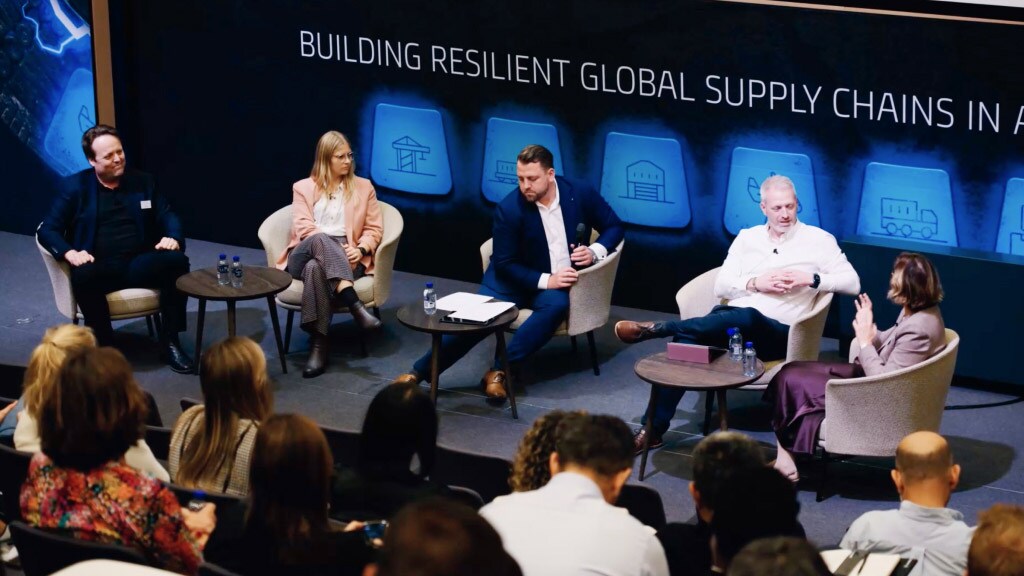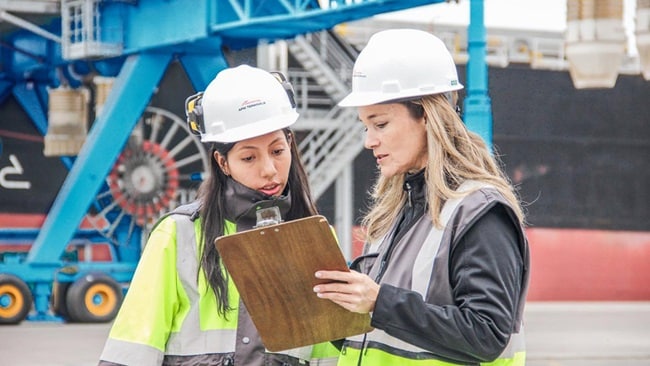Navigating the world of business can be complicated at the best of times. So it’s safe to say what European companies have had to absorb over the past few years has resulted in a lot of complexity.
In the wake of the global pandemic, multiple black swan events at unprecedented regularity have continued to cause disruption and had a significant impact on the global supply chain, leaving companies with numerous challenges to address.
So how do you manage logistics operations when challenges are coming at you from every angle, at any given time? How do you ultimately get your supply chain to a state of absolute readiness, so it’s fully prepared to tackle the unexpected?
It’s these very questions and more, that over 170 attendees at Maersk’s Supply Chain Management (SCM) Forum 2024 set out to answer at Maersk Headquarters in Copenhagen. Here are three key takeaways from a day filled with insightful discussions, debate, and networking opportunities among like-minded professionals.
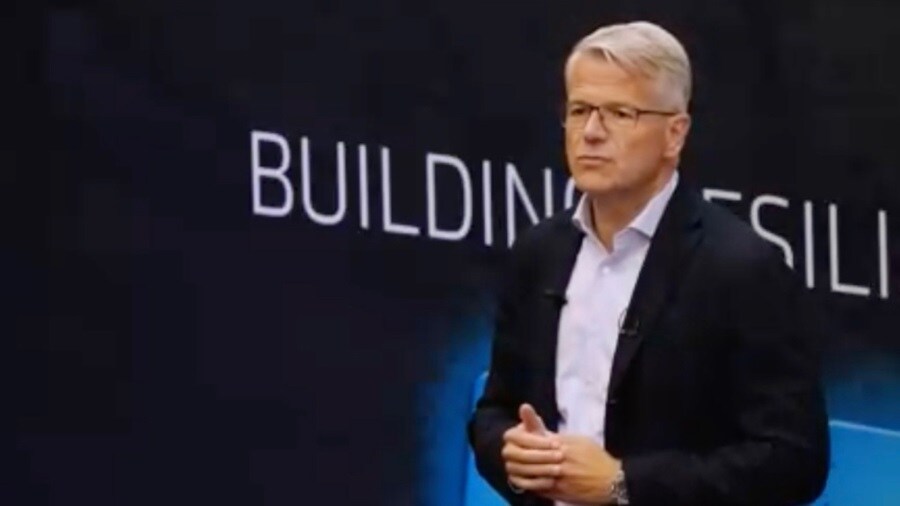
Disruption is the new normal
The theme of this year’s SCM Forum was ‘building resilient global supply chains in an ever changing world’, with the recent levels of volatility becoming one of the central topics of the day.
During their opening sessions, Aymeric Chandavoine, Maersk Europe President, and Vincent Clerc, Maersk CEO, outlined just how major a role disruption has played across global supply chains. Citing the Maersk-owned survey of over 2,000 European customers, they revealed that 75% of businesses have seen supply chain disruptions leading to delays in their operations in the past 12 months.
The high number isn’t necessarily a surprise though, as managing widespread disruption has become the new normal.
Following the turbulence brought about by the Covid-19 pandemic and its resulting policies, the world was working towards a return to normalisation at some point in time. However, frequent black swan events shifted what ‘normal’ really means, with Vincent Clerc likening it to being repeatedly slapped on the back of the head without warning.
All of it together means that supply chains must be prepared to handle unexpected disruption, and if they are, that could be a major catalyst for success.
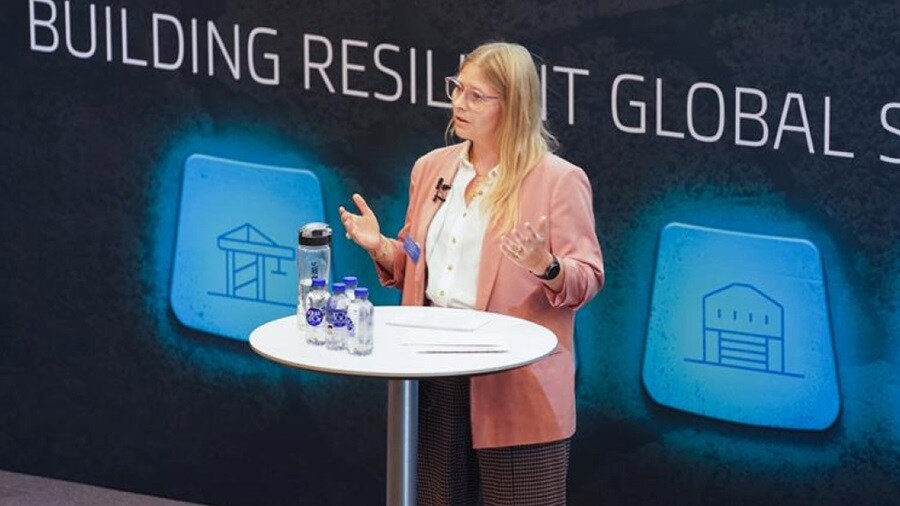
A prime example of a resilient supply chain creating a commercial advantage was put forward by Carina Demant, Director of Global Operations Excellence at Pandora. During her insightful session, she described the ultimate bounce back from a potential disaster for the company.
When Pandora was faced with a fire at one of its key distribution centres, it could have derailed operations and led to consumer dissatisfaction. But such was the resilient make-up of Pandora’s logistics operations, that it was not only able to survive the incident, but thrive despite the circumstances.
It goes to show just how important supply chain resilience is. This was echoed by Carina’s closing remarks that resilience is the number one priority in Pandora’s supply chain and will continue to be in the future. The likes of strategic partnerships, diversification, and the adoption of the latest technologies were listed as ways of making the Pandora supply chain as resilient as possible.
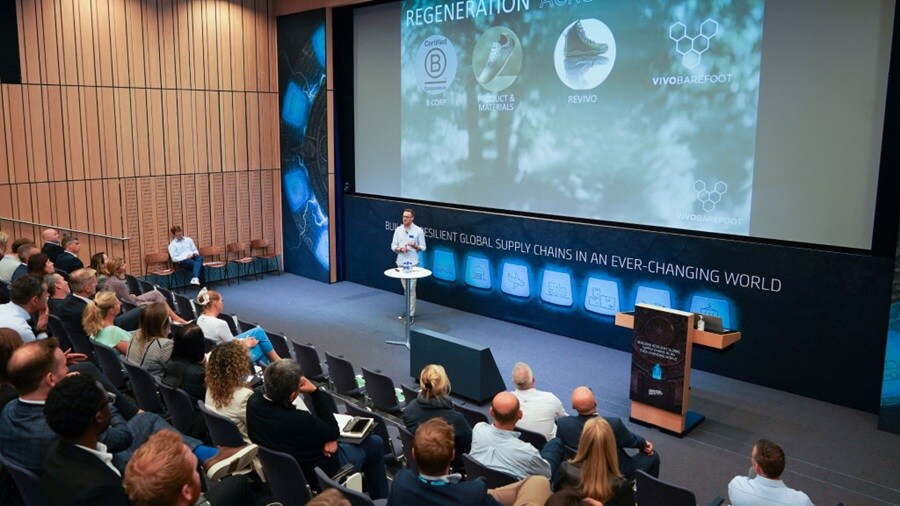
Decarbonisation and resilience can go hand in hand
With an unpredictable world posing more and more challenges for businesses, you’d expect other areas of logistics, such as decarbonisation, to have taken a back seat in recent times.
However, with increasing awareness of climate issues among modern-day consumers and regulations getting more stringent, decarbonisation remains a cornerstone of many businesses’ strategies – such as that of footwear company Vivobarefoot.
Vivobarefoot aims to reconnect humanity with nature through the soles of their feet, creating unparalleled empathy with the environment. John Collins, Vivobarefoot CFO, and Nick Weekes, Head of Logistics, explained that having decarbonisation and regeneration at the heart of the company must be mirrored across all of the brand’s operations, including logistics.
They discussed how building a resilient supply chain doesn’t have to come at the expense of decarbonisation, and although there are several hurdles to overcome, the rewards of reducing greenhouse gas (GHG) emissions go beyond consumer favourability and can truly benefit all of us.
During the roundtable debate between Maersk and guest personnel, Weekes was asked where a company should start on their decarbonisation journey and what the return on investment would be, particularly for smaller businesses.
As logistics covers a broad spectrum for any given company, Weekes said the road to decarbonisation isn’t covered overnight, and businesses should analyse every aspect individually to see where the biggest differences can be made.
He also acknowledged that there’s no such thing as being too small to make an impact, and connecting with responsible partners who share the same vision for the future can help achieve your goals.
The industry does seem to be moving in the right direction, too. Comparing our surveys from 2023 and 2024 shows that although one in three businesses did not have a decarbonisation strategy in place in 2023, that figure has improved to just shy of one in four in 2024.
An optimistic outlook for supply chains
We are undoubtedly navigating through challenging circumstances right now, but there is certainly cause for optimism heading into 2025.
The economy has dictated some of the most prominent supply chain issues over the past few years, including a supply and demand imbalance brought about by record levels of inflation impacting consumers.
However, Jesper Rangvid, Professor of Finance, Copenhagen Business School, said the situation could calm down moving into the new year and have a positive impact on supply chains. His four predictions for 2025, based on current economic data, were that central banks will lower interest rates, inflation will crawl back to its 2% target, the US will not enter a recession, and the Euro area may recover as interest rates are lowered.
A stable economy makes for more stable operations worldwide, so understanding the global financial situation can also be crucial when making accurate predictions for your business.
Elsewhere, Scott Horn, Global Leader of Technology Platforms, Maersk, and Rico van Leuken, Global Head of Solutions and Services, Maersk, outlined some of the technologies available now and in the future that could make supply chains more resilient.
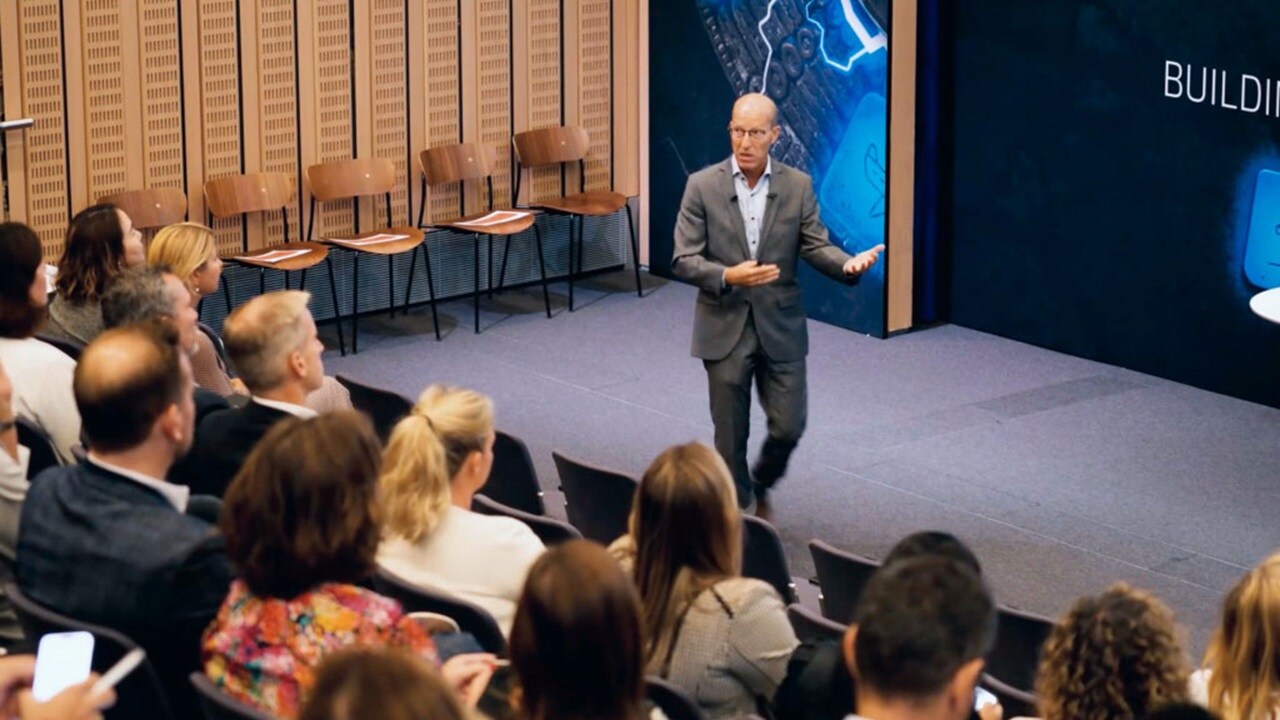
There’s no ‘one-size-fits-all’ solution when it comes to resilience, but they identified four key areas that businesses should think about from end to end:
- De-risk the supply chain to enable swift response to crises
- Adopt an omnichannel approach to make your supply chain integrated and agile
- Develop scalable supply chain solutions that enable you to enter new markets easily
- Make continuous improvements and invest in technology
There’s still a long way to go in terms of innovation before end-to-end visibility is possible to provide optimum supply chain control, but the industry is on the right path to getting there in the coming years.
Building true supply chain resilience is a long and multi-faceted process, but by sharing insights at events like the SCM Forum, the industry can be brought up to speed and businesses can learn from each other on the journey.
Click here for more information on Maersk’s Supply Chain Resilience Model, and don’t hesitate to reach out to your local Maersk representative for support in making your supply chain more resilient.
Sign up to The Logistics Pulse newsletter
You did it, welcome onboard!
We're sorry, but there was a problem sending your contact request.
Please review the form fields and ensure all required information is provided correctly. If the issue persists, please contact our support team for further assistance.
Sign up to The Logistics Pulse newsletter
Receive our insights directly in your mailbox by signing up through this form and enter a world of truly integrated logistics. Get inspired by our selection of articles that help you navigate supply chains, understand industry trends, and shape your logistics strategy. You can unsubscribe anytime.
By submitting this form, I agree to receive logistics related news and marketing updates from A. P. Moller-Maersk and its affiliated companies via e-mail and phone. I understand that I can opt out of such Maersk communications at any time by clicking the unsubscribe link.
To see how we process your personal data, please see our Privacy Policy.

